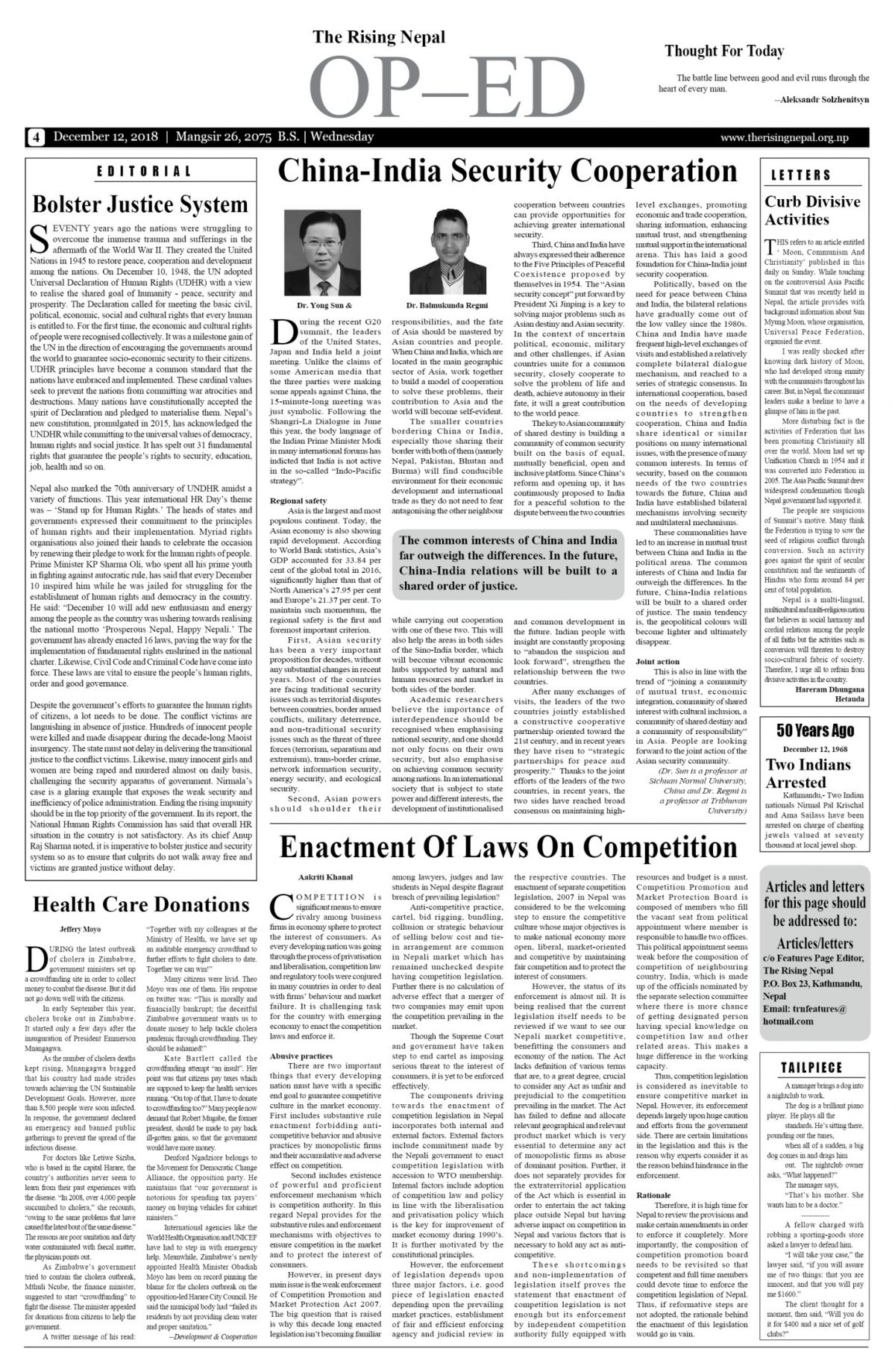Curb on Company Registrar
Curb on Company Registrar – Published in New Business Age
Can Office of Company Registrar (OCR) invalidate general meeting of a company? Should a general meeting of a company be held only under the call of the company’s board of directors? Is there any limitation for OCR on interference in the internal affairs of a company?
These questions arise frequently. In a decision of the Supreme Court (Hotel Jungle Camp Vs. Office of Company Registrar), a landmark ruing has been passed that the OCR has no authority to invalidate the general meeting of shareholders as long as the procedures have been followed to convene the meeting.
In the stated case, the majority shareholders of company had requested the board of directors to call an extra ordinary general meeting to discuss agenda that include recall of directors for cause and some ordinary businesses. Despite of several requests, the chairman, who was representing minority shareholders, never called meetings of the board of directors and shareholders with a fear in mind that he would be removed. Majority shareholders had no majority in the board. They went to the OCR with a request to call extra-ordinary general meeting by the OCR. The OCR instructed the company to hold the extra-ordinary general meeting of shares. Having a majority in the board the chairman did not call the meeting. The majority shareholders called the meeting by themselves with a notice to other shareholders including the chairman of the board.
No doubt the extraordinary general meeting of shareholders took decisions on the notified agenda and one of the decision was to recall the chairman and the managing director, both had been representing the minority shareholders, for misappropriation of the company’s fund.
The chairman and the managing director went to the OCR with a request that the decision of the extra-ordinary general meeting should be quashed. OCR decided in favor of the chairman and the managing director. OCR argued that the shareholders could not call the meeting by themselves.
Majority shareholders filed a writ petition at the Supreme Court with a claim that the decision of the OCR should be dismissed. The Supreme Court has made a ruling that the shareholders who requisitioned the general meeting posses the right to call the extra-ordinary general meeting if the company fails to do so. Notably, the Supreme Court has interpreted that the shareholders cannot question the legality of the general meetings if the procedures to call the meeting have been followed and further said that shareholders are supposed to put their issues in the meeting instead of raising issue out of the meeting hall.
As regards to a question whether shareholders possess locus standi to file a writ petition about a matter that concerns the company, the Supreme Court has clearly put its ruling that the shareholders always have locus standi to bring dispute to the court on such matters as long as their direct economic interest is associated and that the alleged action or decision would otherwise causes irreparable losses to them if they were refused to bring petition to the court.
In fact, OCR has no judicial authority. It is an administrative body that registers companies, puts their records, and ensures compliances under the companies act. Commercial bench constituted within the High Court have jurisdiction over the disputes on the company laws.


